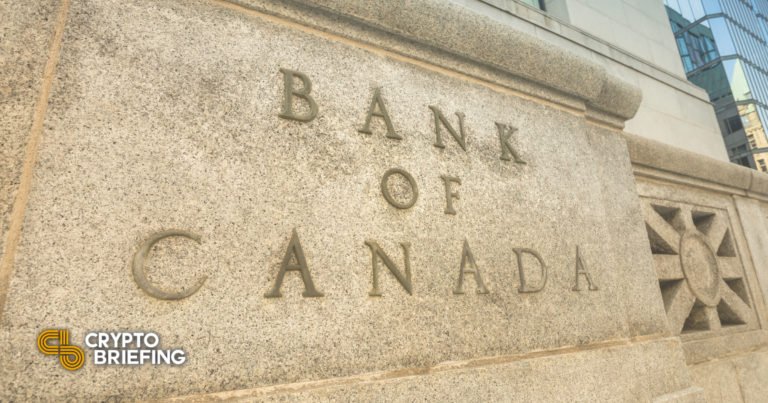Key Takeaways
- The Bank of Canada has partnered with MIT’s DCI in order to research a central bank digital currency (CBDC).
- The Canadian central bank will publish a report on its findings at the end of the twelve-month research period.
- The bank has not guaranteed that it will create a stablecoin, but has expressed positive sentiments in the past.
Canada’s central bank has announced a partnership with MIT that will involve a year-long collaboration on CBDC research. Note that the recent US government’s Executive Order on cryptocurrency seem to put a strong emphasis on CBDCs.
Canada’s Central Bank Will Research CBDCs
The Bank of Canada, along with MIT’s Digital Currency Initiative (DCI) will research central bank digital currencies (CDBCs).
According to the Bank of Canada, the effort will “explore how advanced technologies could affect the potential design of a CBDC” and “inform [the bank’s] research effort into CBDC.”
The Bank of Canada indicated in today’s announcement that the country has not decided whether to create a CBDC. However, a hypothetical asset of this type would presumably be price-pegged to and backed by the Canadian dollar and circulated on a digital ledger.
The bank has promised to deliver an update on its findings at the end of the twelve-month research period.
Previously, in July 2021, the Bank of Canada found that CBDCs could promote competition, improve consumer choice, and reduce the need for financial intermediaries. It also said that a CBDC would only be introduced if it were expected to have a net positive effect.
Other CBDC Projects Are Underway
MIT’s DCI has previously worked on several other crypto-related projects. Most relevant to today’s news, it contributed to the Federal Reserve Bank of Boston’s CBDC project. Results from the first phase of that project were published in February.
That research also led to the release of OpenCBDC-tx, a transaction processor that could be used for future CBDCs.
Various other governments and central banks are also considering central bank digital currencies. Countries in the early stage of CBDC research and development include the U.K., Malaysia, and Mexico.
Elsewhere, China and Nigeria have produced CBDCs that are already in circulation among members of the public.

